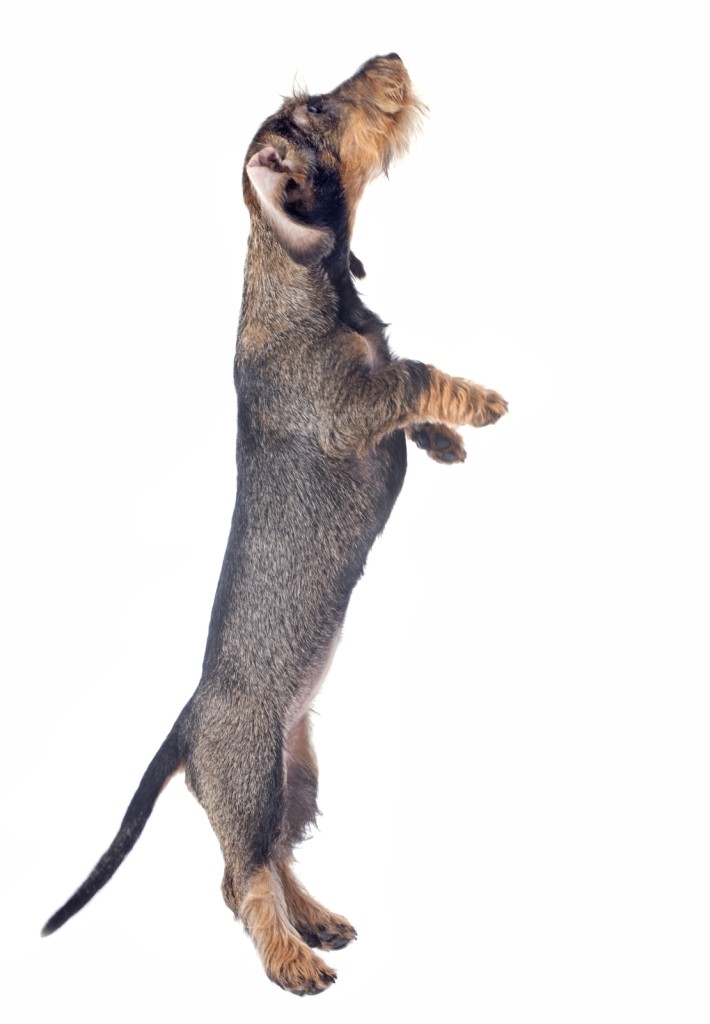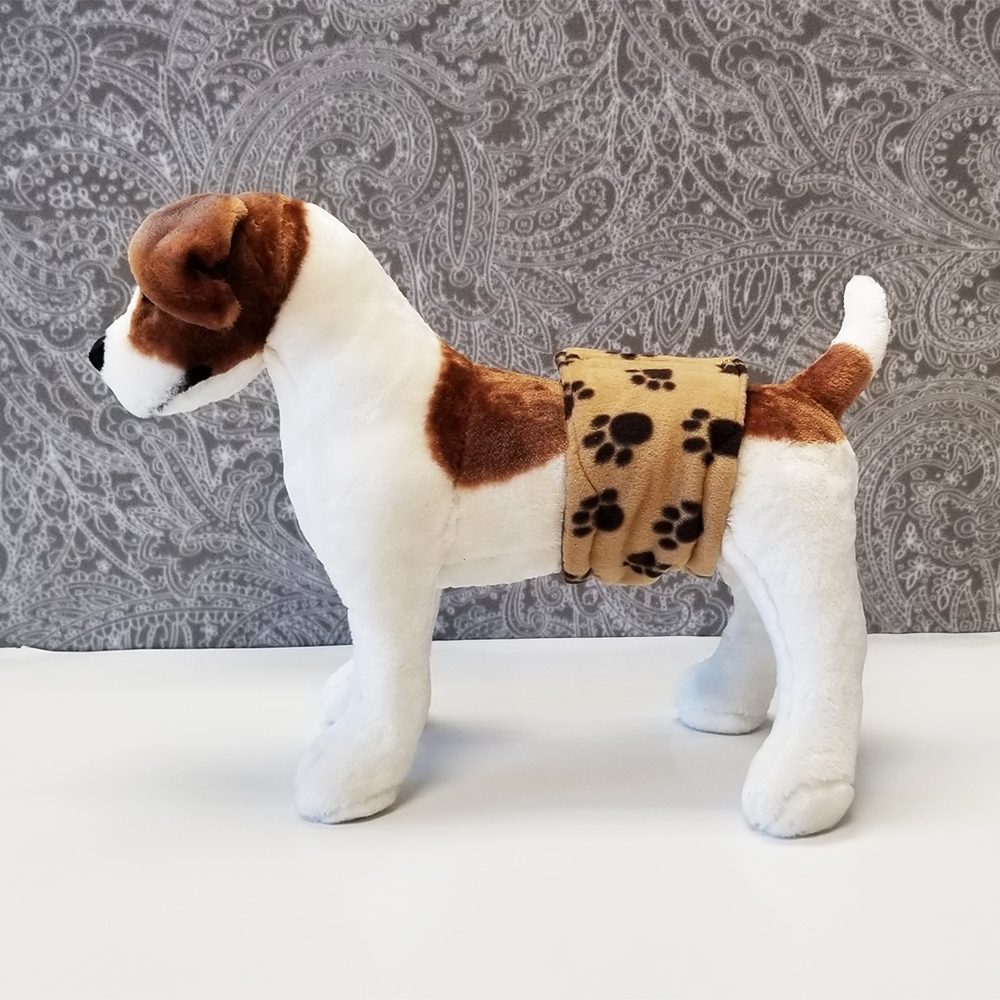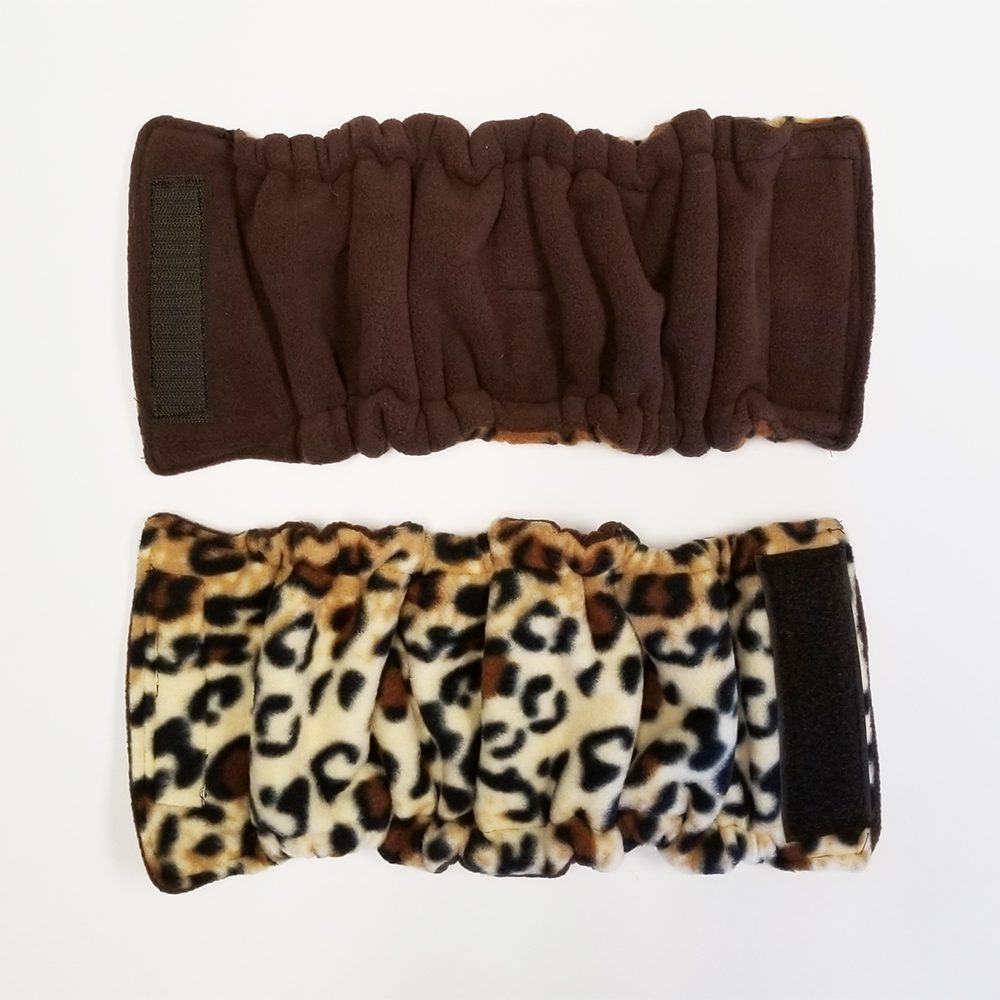Dachshund

Dachshund: The Charming and Spirited Hound Dog
Welcome to the comprehensive guide on the Dachshund, a breed renowned for its distinctive long body and playful personality. This page explores the world of the Dachshund, a breed that combines a charismatic demeanor with a keen sense of smell and hunting ability.
Overview
AKC Weight:
Dachshunds are bred and shown in two sizes, standard and miniature. Miniatures are not a separate classification but compete in a class division for “11 pounds and under at 12 months of age and older.” Weight of the standard size is usually between 16 and 32 pounds.
Colors: Although base color of the coat is immaterial, certain patterns and basic colors predominate.
Life Expectancy: Average 12=15 years
Group: Hound Group
_______________________________________
Physical Characteristics
- Unique Body Structure: Dachshunds are known for their elongated bodies and short legs, a design perfect for their original purpose of digging and hunting in burrows.
- Variety in Coats: They come in three coat varieties – smooth, long-haired, and wire-haired – each with distinctive grooming needs and appearances.
Temperament and Personality
Dachshunds are spirited, curious, and friendly dogs. They are known for their bravery and tenacity, traits that reflect their hunting heritage. Despite their small size, they are energetic and love to play, making them great companions for various activities.
Training and Exercise Needs
- Training: They respond well to consistent and positive training methods. Early socialization is important to prevent them from becoming overly cautious around strangers.
- Exercise: Moderate exercise, like walks and play sessions, is sufficient for their physical health.
- Mental Stimulation: Engaging their minds with interactive toys and scent games is beneficial to keep them mentally stimulated.
Health and Nutrition
- Diet: A balanced diet suitable for small, active breeds is essential. Regular veterinary check-ups can help ensure proper nutrition and health maintenance.
- Health Concerns: They are generally a healthy breed but can be affected by conditions like diabetes, PRA, cataracts, glaucoma, heart disease, cushings disease, patellar luxation, intervertebral disk disease (IVDD). Regular health check-ups are important. Dog Health Dictionary
Grooming and Care
- Coat Maintenance: Depending on their coat type, grooming requirements vary. Regular brushing and occasional professional grooming help maintain their coat’s health.
- General Care: Routine health care practices, such as dental hygiene, nail trimming, and ear cleaning, are important.
Living with a Dachshund
- Family Compatibility: They are great family pets, known for their loyalty and affectionate nature. They do well in both apartments and houses with yards.
- Adaptability: Dachshunds adapt well to various living environments, thriving with loving care and attention. Doxies enjoy being involved in family activities, and they form strong bonds with their owners.
Responsible Ownership and Adoption
- Selecting a Breeder: Choose breeders who prioritize health, temperament, and the breed standard.
- Adoption Options: Adoption from shelters or breed-specific rescues is a wonderful way to provide a home to a Dachshund in need.
.
Conclusion: The Dachshund, with its unique shape, endearing character, and lively spirit, is a beloved breed for those seeking a small but adventurous companion. Their adaptability and charming nature make them a popular choice among dog lovers.
Housebreaking
PUPPY HOUSEBREAKING tips: https://www.dog-breeds.net/puppy-housebreaking/
ADULT MARKING AND RETRAINING tips: https://www.dog-breeds.net/dog-housebreaking-marking-page/



